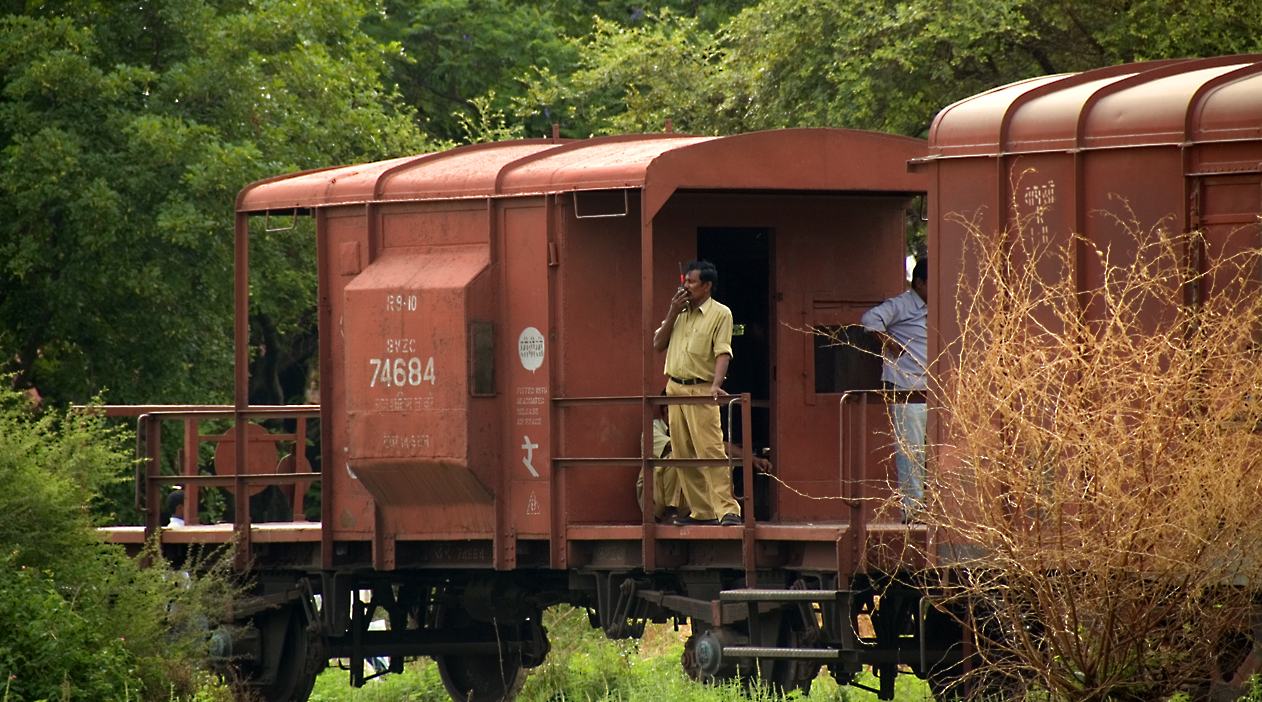Table of Contents
Introduction
Becoming a Manager (Guard) in the Indian Railway is an aspiration for many individuals who seek a fulfilling and respected career in the transportation sector. This role comes with significant responsibilities and requires a blend of skills, dedication, and rigorous training. In this article, we will delve into the step-by-step process of how to become a Manager (Guard) in the Indian Railway, outlining the necessary qualifications, training, and the journey ahead.
Understanding the Role of a Manager (Guard) in Indian Railway
The role of a Manager (Guard) in the Indian Railway is of paramount importance in ensuring the safe and timely movement of trains. They are responsible for the safety of passengers, crew members, and the train itself. A Manager (Guard) is tasked with checking and confirming the train’s readiness, securing doors, and maintaining communication with the control center.
Educational Qualifications and Eligibility Criteria
To embark on the journey of becoming a Manager (Guard), candidates must have completed their higher secondary education (10+2) from a recognized board. Additionally, they need to fulfill the age criteria set by the Railway Recruitment Board (RRB).
Clearing the Railway Recruitment Board (RRB) Examination
Prospective Manager (Guard) candidates must clear the RRB examination, which consists of sections testing their general knowledge, reasoning, mathematics, and English language skills. Aspirants need to prepare thoroughly, utilizing resources like previous year’s question papers and dedicated study materials.
Physical Fitness Standards and Medical Examination
Physical fitness is crucial for a Manager (Guard) role. Candidates need to meet specific physical standards, including vision and hearing requirements. Clearing the medical examination is vital to ensure that candidates are fit to perform their duties efficiently.
Training Program for Manager (Guard) Aspirants
Candidates who successfully clear the RRB examination and medical test are enrolled in a rigorous training program. This training imparts essential skills related to signaling, emergency protocols, communication systems, and operating procedures. It also emphasizes the importance of teamwork and maintaining composure during stressful situations.
Gaining Practical Experience and On-the-Job Training
After completing the initial training, aspirants undergo on-the-job training under the supervision of experienced Managers (Guard). This phase allows them to apply theoretical knowledge to real-life scenarios, enhancing their decision-making abilities and practical skills.
Progression Opportunities within the Role
The role of a Manager (Guard) offers opportunities for growth and career progression. Dedicated and skilled individuals can take on higher responsibilities, such as becoming a Chief Guard or even moving into management positions within the railway administration.
Developing Key Skills for Success
Success as a Manager (Guard) requires a blend of technical skills, such as understanding railway systems, and soft skills like effective communication, quick decision-making, and leadership abilities.
Maintaining Safety and Security Protocols
In the railway sector, security and safety are top priorities. Managers (Guard) play a crucial role in ensuring protocols are followed diligently, contributing to the overall safety of passengers and staff.
Challenges Faced by Managers (Guard) and How to Overcome Them
Managers (Guard) face challenges such as unpredictable weather conditions, managing passenger grievances, and adhering to strict timelines. These challenges can be overcome through proper training, experience, and a proactive approach to problem-solving.
Benefits and Perks of Working as a Manager (Guard)
Working as a Manager (Guard) in the Indian Railway offers several benefits, including job security, competitive compensation, medical facilities, and the opportunity to contribute to a vital public service.
Contributions to Indian Railways’ Functioning
Managers (Guard) are integral to the smooth functioning of the Indian Railways. Their role ensures safe and timely train operations, contributing to the efficient movement of passengers and goods across the country.
A Day in the Life of a Manager (Guard)
A typical day for a Manager (Guard) involves pre-inspection of the train, coordinating with the control center, ensuring passenger safety, and responding to any emergencies that may arise during the journey.
Salary Structure and Compensation
Managers (Guard) receive a competitive salary along with allowances and benefits. The compensation structure is designed to recognize the responsibilities they hold and the critical nature of their role.
Conclusion
Becoming a Manager (Guard) in the Indian Railway is a rewarding journey that requires dedication, training, and a commitment to ensuring the safety and well-being of passengers. Aspiring candidates should prepare thoroughly, embrace continuous learning, and be ready to contribute to the nation’s vital transportation network.
FAQs
- Q: How do I become eligible for the Manager (Guard) role? A: To become eligible, you must complete your higher secondary education and meet the age criteria set by the RRB.
- Q: What is the significance of the RRB examination? A: The RRB examination assesses your knowledge, reasoning, mathematics, and English language skills, determining your suitability for the role.
- Q: What kind of training can I expect during the Manager (Guard) program? A: The training program covers signaling, emergency protocols, communication systems, and operating procedures.
- Q: Are there growth opportunities within the role? A: Yes, you can progress to higher responsibilities such as Chief Guard or move into railway administration roles.
- Q: What are the key skills needed to excel as a Manager (Guard)? A: Effective communication, quick decision-making, technical understanding, and leadership skills are essential for success.




